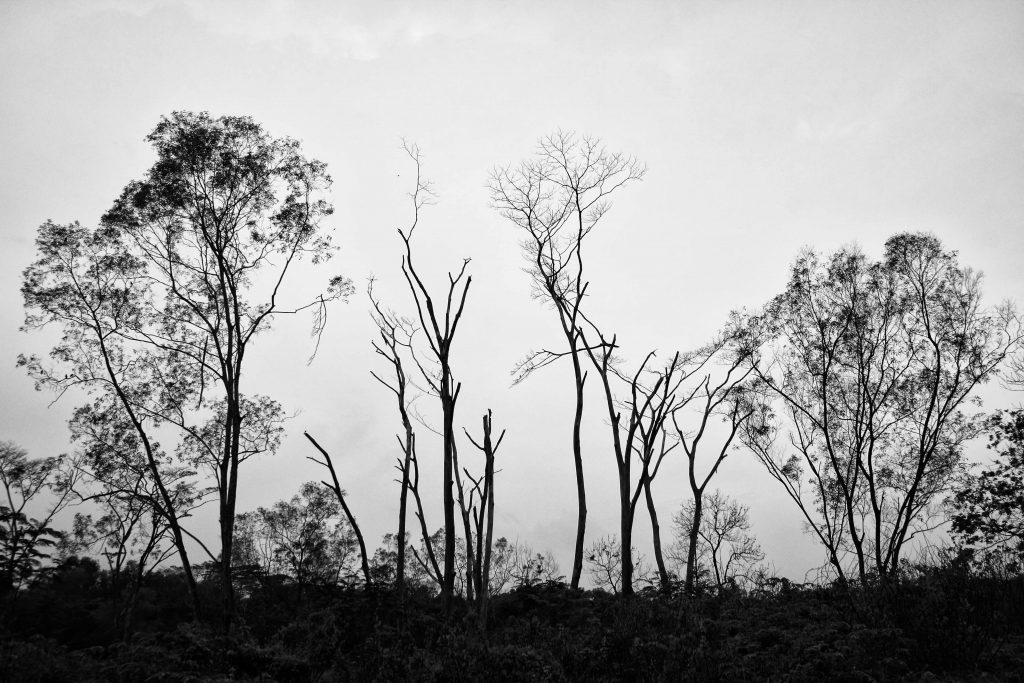Forests and ecocultural disequilibrium in two postcolonial novels from Cameroon and Singapore
October 22, 2019

Over the years, the Singapore Writers Festival (SWF), held this year from 1 to 10 November, has become an exciting meeting point for writers, academics, and thinkers across the world. In the same spirit, Associate Professor Chitra Sankaran from the NUS Department of English Language and Literature teamed up with Dr John Nkengasong from the University of Yaounde I in Cameroon to investigate forests in literatures from the former British colonies of Cameroon and Singapore.
Because much of postcolonial theorizing continues to favour national and regional literatures, A/P Sankaran and Dr Nkengasong aim to bring out the intercontinental experience of the British colonial legacy. Examining these two distinct cultures from Asia and Africa is fruitful since they share a colonial past, albeit different phases of empire. Moreover, comparing their responses to the natural world is a useful reminder that a common humanity operates beneath these historical and cultural differences, and has done so for millennia.
In ‘Forests and ecocultural disequilibrium in two postcolonial novels from Cameroon and Singapore’ (The Journal of Commonwealth Literature, 2018), the authors discuss the ways in which the forest is depicted in two postcolonial texts, Linus Asong’s Crown of Thorns and Meira Chand’s A Different Sky. They outline how both narratives illustrate the essential inhospitability of the forests for human habitation. However, Asong’s narrative insists on the importance of ritual in negotiating this uninhabitable terrain, emphasizing how the harmony between humans and said terrain is contingent upon the success of ceremonial ritual. Chand’s text, on the other hand, reveals how the forest appears as a refuge when the cultural terrain becomes inhospitable to man – though the essential disequilibrium between nature and culture is ultimately too deep to be resolved. Nevertheless, both texts attest to the fact that the nature/culture binary is primal, permeates all cultures, and can no longer be ignored or sidelined in literary analyses.
Read the article here.
